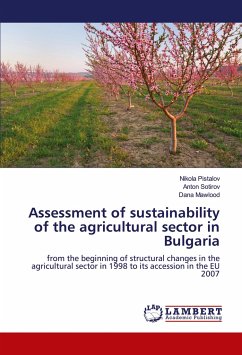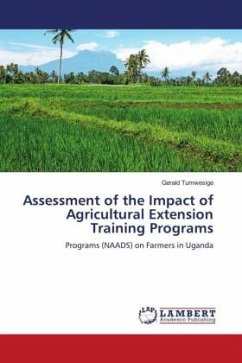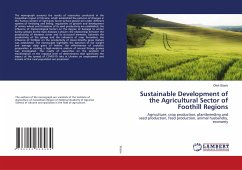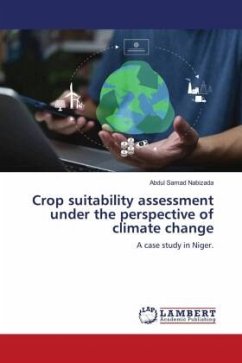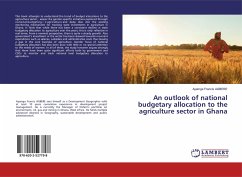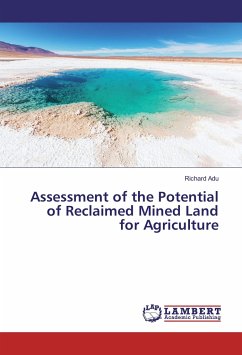Population growth and economic growth rates in recent decades have significantly increased pressure on nature and seriously threatened its carrying capacity. Future generations, by various estimates, are increasingly threatened by the reduction and depletion of natural resources, predatory destruction of the environment and limitation of development opportunities. Humanity has reached a point where an urgent rethinking of the current approach of economic growth and the management of natural resources is urgently needed. Growth, as a purely quantitative expansion of the economy, needs qualitative reassessment, taking into account a number of important social and environmental development objectives on which the well-being of future generations depends. The publication of the 1987 report "Our Common Future" by the United Nations World Commission on Environment and Development ushered in the process of establishing a new path of development to "meet the needs of the present without compromising the ability of future generations to meet their own needs." Despite many interpretations, there is no "universal" definition of the essence of sustainable development.
Bitte wählen Sie Ihr Anliegen aus.
Rechnungen
Retourenschein anfordern
Bestellstatus
Storno

